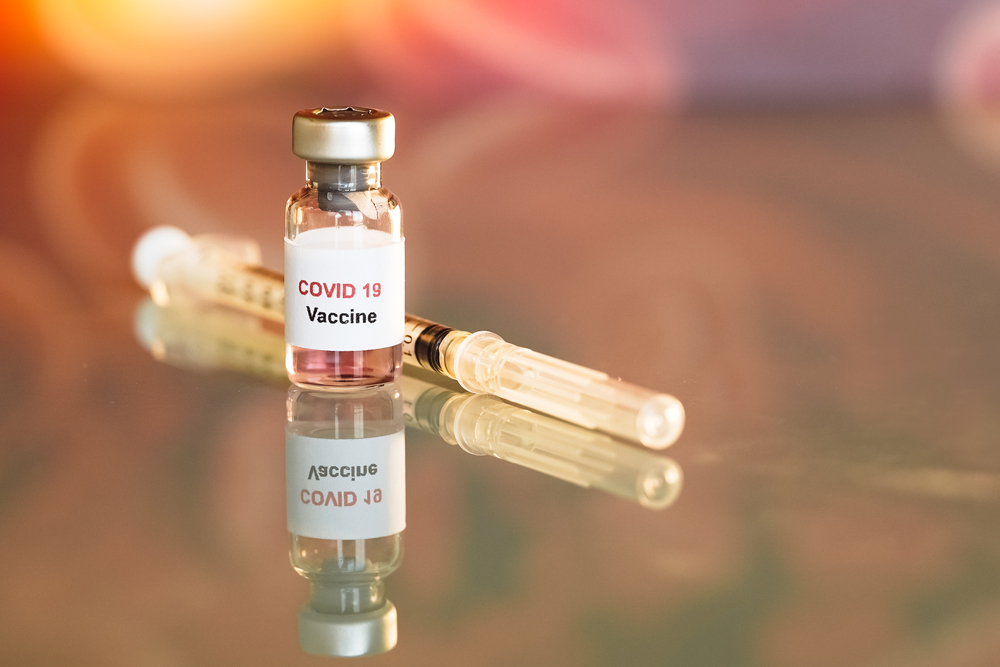
Chimeron Bio and George Mason University’s National Center for Biodefense and Infectious Diseases (NCBID) are teaming up to develop a COVID-19 vaccine.
The vaccine development will be based on Chimeron Bio’s ChaESARTM self-amplifying RNA technology. Plus, it will integrate Mason’s complimenting expertise and Biomedical Research Laboratory (BRL) for the rapid screening of the company’s vaccine pipeline.
“Our collaborators at Chimeron Bio have a strong commitment to pursuing innovative, personalized treatments which aligns well with our research philosophy – exploring innovative approaches to solve big global problems,” said Dr. Aarthi Narayanan, associate professor of systems biology in George Mason University’s College of Science. “At Mason, we know that partnerships like this are critical to making time-sensitive, important biomedical discoveries,” Narayanan added.
ChaESARTM can deliver highly immunogenic viral genes to elicit rapid and sustained immune response. Its ability to amplify the production of viral antigens inside the body is expected to generate a vaccine response at much lower doses compared to traditional mRNA approaches. A single batch of a low-dose ChaESARTM formulation could vaccinate many more people worldwide.
“We strongly believe our self-amplifying mRNA technology is the perfect solution for the generation of COVID-19 vaccines for use both in select markets and populations around the world,” Dr. Afshin Safavi, Chimeron Bio chairman of the board, said.
The partnership will also test RNA therapeutics and peptide vaccines targeting other coronaviruses in addition to COVID-19.
“The Biocontainment Laboratory and Mason’s exceptional scientists are unique and valuable assets,” Dr. Charles Bailey, NCBID executive director, said. “We welcome this opportunity to share our resources by teaming with Chimeron Bio on this innovative approach to develop a vaccine for COVID-19.”




